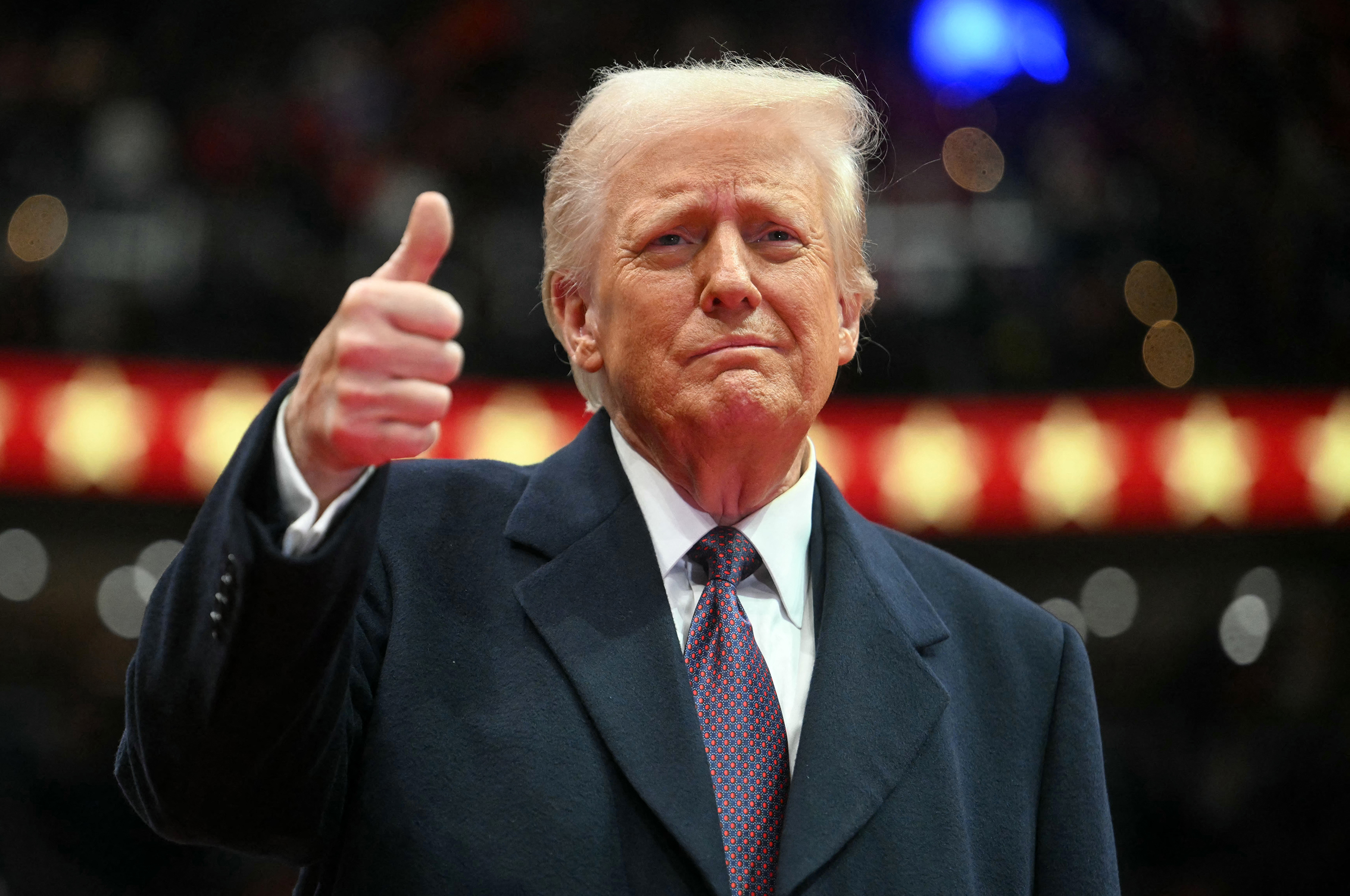The AICPA’s vice president of tax policy and advocacy wrote on LinkedIn Tuesday that President Donald Trump’s executive order halting the hiring of federal workers poses “no concern” to the IRS as the agency has already brought seasonal workers aboard for the 2025 tax season, which begins on Jan. 27.
“There is NO CONCERN for the April 15 #tax filing season as far as hiring seasonal employees for the filing season. Seasonal employees should have already been hired and received training to begin working from January through May,” Melanie Lauridsen wrote in a post on LinkedIn on Jan. 21. “The IRS will also reallocate workers from other areas to help cover filing season processing.”

She also mentioned that there already was a hiring freeze in place at the IRS “so the new EO is not a change from where the IRS was under the continuing resolution.” According to the Journal of Accountancy, the hiring freeze in Trump’s Jan. 20 executive order merely maintains the freeze that has been in effect since December, when the IRS lost $20 billion in a continuing resolution that Congress approved to keep the government funded.
Trump kicked off his second term on Monday by signing stacks of executive orders. Among them was an edict that temporarily prevents the hiring of new federal employees and creating new positions, except for national security and public safety roles. For the IRS, the hiring freeze’s length is indefinite.
The executive order says, in part:
Within 90 days of the date of this memorandum, the Director of the Office of Management and Budget (OMB), in consultation with the Director of OPM [Office of Personnel Management] and the administrator of the United States DOGE Service (USDS), shall submit a plan to reduce the size of the Federal Government’s workforce through efficiency improvements and attrition. Upon issuance of the OMB plan, this memorandum shall expire for all executive departments and agencies, with the exception of the Internal Revenue Service (IRS). This memorandum shall remain in effect for the IRS until the Secretary of the Treasury, in consultation with the Director of OMB and the Administrator of USDS, determines that it is in the national interest to lift the freeze.
Scott Bessent, Trump’s pick for Treasury secretary, won bipartisan support Tuesday as his nomination cleared a Senate committee. The Senate Finance Committee voted 16-11 to advance Bessent’s nomination, clearing the way for a Senate floor vote in the coming days, Politico reported.
Dr. Steven Hamilton, an economics professor at George Washington University who specializes in public finance, told The Independent that taxpayers shouldn’t be immediately concerned about the hiring freeze having an outsized impact on their tax filing because the IRS has a far larger staff now than it did before receiving funding from the Inflation Reduction Act of 2022.
But the hiring freeze at the IRS could mean fewer audits of taxpayers, some tax professionals predict, especially the large complex partnerships the agency has been targeting in a tax enforcement crackdown since receiving Inflation Reduction Act funding.
“The IRS is not going to have the resources to go after the big fish to fry, the audits of the people who are trying to hide millions and millions of dollars of tax revenue. Those audits take a lot of manpower, a lot of expertise to pull off,” Logan Allec, a CPA who founded Los Angeles-based Choice Tax Relief, said in a video on YouTube about the IRS hiring freeze. “What’s the IRS going to keep targeting if they’re not going to be able to hire any new employees? They’re going to target the easy targets. The Schedule C business owner that hasn’t filed in a few years. The Joe and Jane Smith average American couple who got behind on their taxes and now they owe 100 or maybe 200 grand or less than that. Those are the easy targets.”
Other tax professionals predict delays in return processing and sending refunds to taxpayers because of the hiring freeze.
Regulatory freeze
A separate Trump executive order directs government agencies to halt the sending of any new regulations to the Federal Register. In her LinkedIn post, Lauridsen wrote that historically, there usually is a regulatory freeze when a new presidential administration takes over.
“The new EO asks to stop or pull any regulations that is going to the Federal Registry or that hasn’t been published in the Federal Registry yet. The EO asks for consideration of a 60-day implementation period delay—it is not mandatory. The IRS will issue comments on a case-by-case basis for regulation that was recently published and so far there have been no changes,” she wrote.
Lauridsen added that executive orders must be reviewed by the Treasury Department prior to implementation. Treasury is working on reviewing the orders impacting departments of the Treasury and then guidance will be issued, she said.
Photo caption: President Donald Trump gives a thumb’s up as he arrives for the inaugural parade inside Capital One Arena, in Washington, D.C., on Jan. 20, 2025. (Jim Watson/AFP/Getty Images/TNS)
Thanks for reading CPA Practice Advisor!
Subscribe Already registered? Log In
Need more information? Read the FAQs





Cory Morley January 22 2025 at 5:13 pm
There definitely is a hiring freeze at the IRS. I was supposed to start February 10th and they rescinded my job offer. Not only me, but multiple people in Utah.